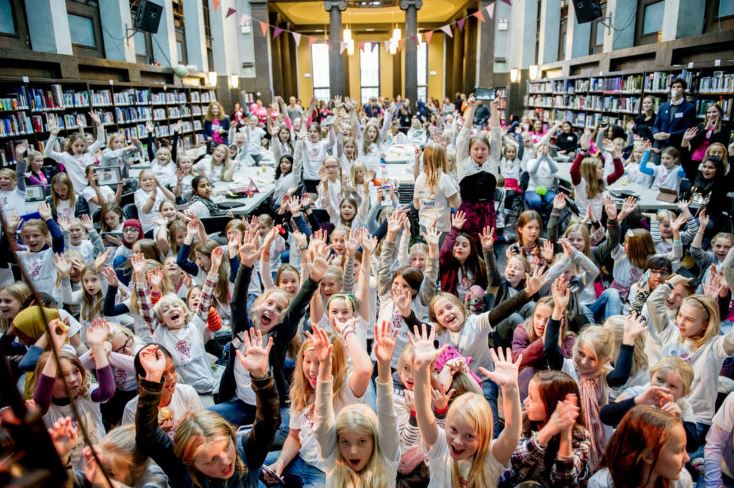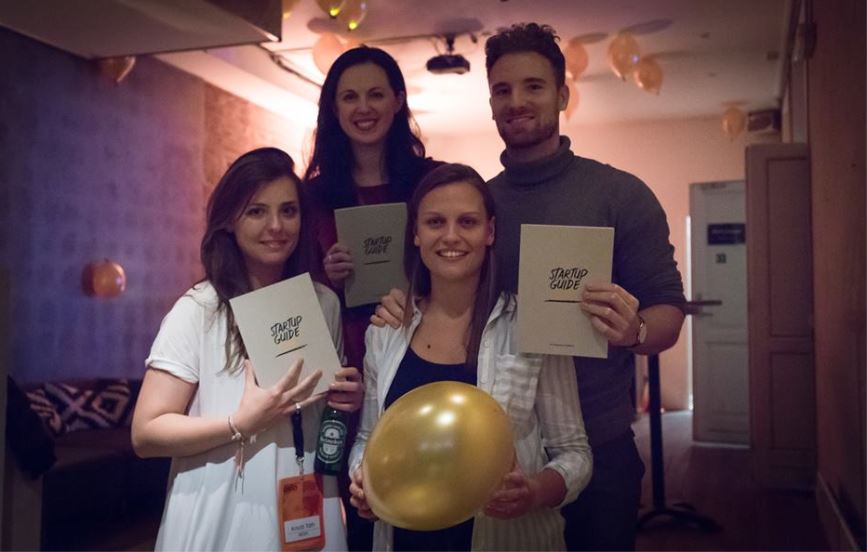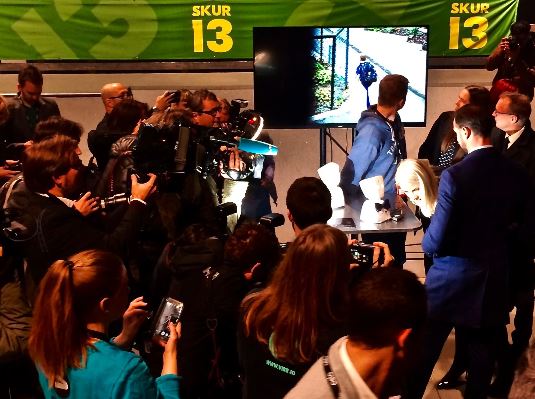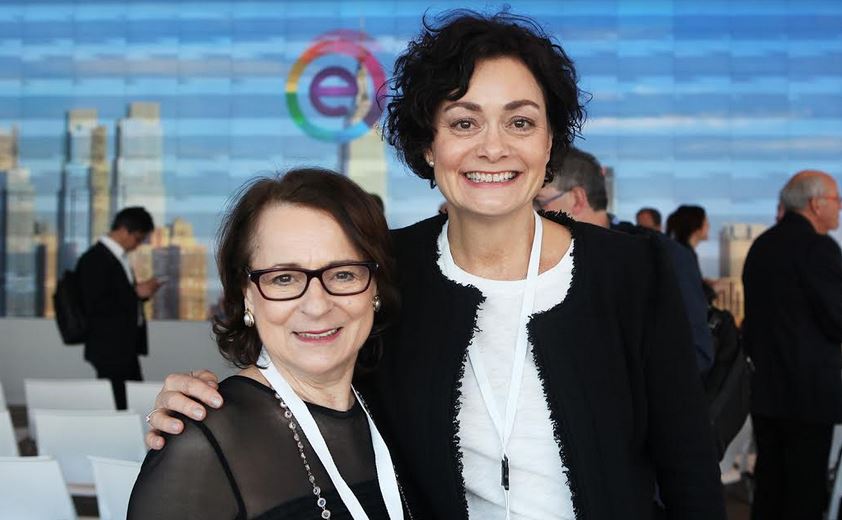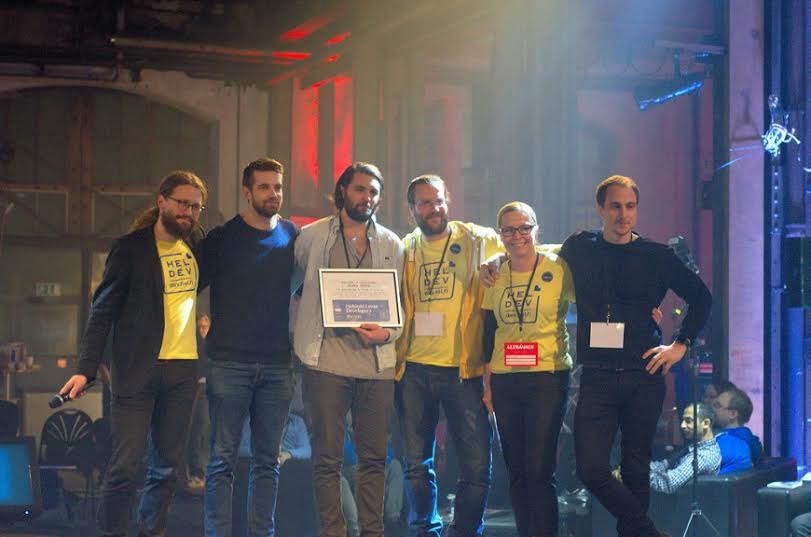What is the Future of the Nordic Model? Insights from Oslo Innovation Week

It is often argued that the Nordic Model offers an environment where value-driven innovation can flourish, meaning innovation that improves society by creating value for all stakeholders in an ethical and responsible way. Anchored in a liberal market and a strong societal structure, the Nordic Model is reputed for creating more ethical companies that seek to improve society for the better.
At the #Futureoftalk series presented by Business for Peace at Oslo Innovation Week at Mesh, three speakers from the Nordic innovation ecosystem discussed what they believed to be the future of the Nordic model.
The speakers were Einar Kleppe Holthe, CEO and founder of Natural State, Marthe Haugland,a Senior Innovation Advisor at Nordic Innovation, Malin Frithiofsson, program manager at Startup Norway, and was moderated by Karolina Olofsson, the executive director of the Oslo Center. Below are three key learnings from the discussion.
The Nordics are well prepared for the green transition
The Nordics hope to be the most sustainable and integrated region in the world by 2030, and the region has set ambitious targets for everything from carbon neutrality to waste recylcing.
For hundreds of years, the economies in the Nordics were based on agriculture and fishing, and there is still a feeling that the Nordic society still feels closely tied to the land and water around them. The balance between humans and nature is often a focal point in marketing material from Nordic startups and investors.
The panelists argued that the region is particularly well prepared for the green shift, both due to a high awareness of the general public to a clean environment and strong public and private efforts towards sustainability.
The Nordics haven’t nailed the formula of corporates working with startups
Compared to many countries, the Nordic public sector is involved fostering startups and enabling their growth. However, this model has some drawbacks. However, the innovation environment can benefit from more partnerships between corporates and startups. In general, there is a distrust among these environments towards working with each other, which the panelists saw as a hindrance to innovation.
They felt that corporates can be disconnected from business society and from humanity itself, which is core to innovation. By partnering with startups, they can avoid this threat and create products that prevent this pacification.
The panelists also felt that an environment that fostered distrust between people and businesses would only grow larger over time, and corporates, like governments, should seek to build products that foster inclusivity through innovation.
Nordic companies turn away talent because they don’t want to be uncomfortable
The Nordic monocultures have helped foster high-trust environments that are good for many types of business development, but are bad for innovation overall. While the Nordic countries have highly ranked educational systems, strong innovation ecosystems require a diversity of talent. The panelists argued that oftentimes, Nordic countries turn away global talent simply because they don’t like to be uncomfortable.
As innovation becomes increasingly focused on dense. diverse urban environments, it is more important than ever for Nordic countries to understand how to attract and retain global talent.
Nordics should be wary of the gig economy
During the pandemic, the gig economy grew larger in the Nordics. The panelists warned that the gig economy does not have job security, and in fact the presence of this model is a symbol of the erosion of the Nordic model. The panel argued that strong labor rights and job security are a necessity for a good society, but not a business necessity. When businesses chooses a gig economy model, when they could have chosen a different business model, they are choosing a model that has negative effects for society in the long run.




